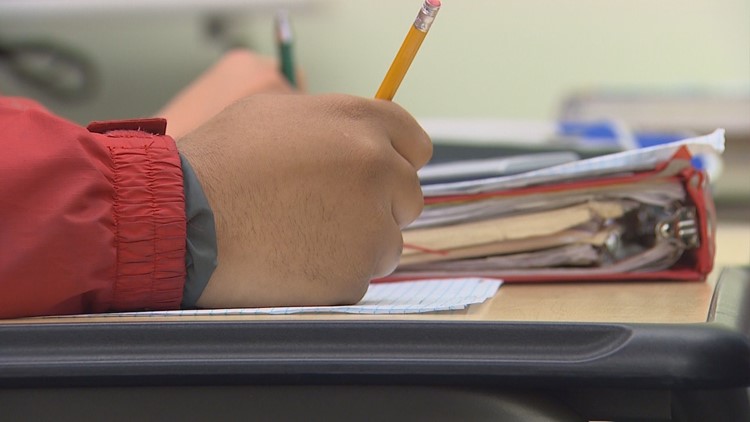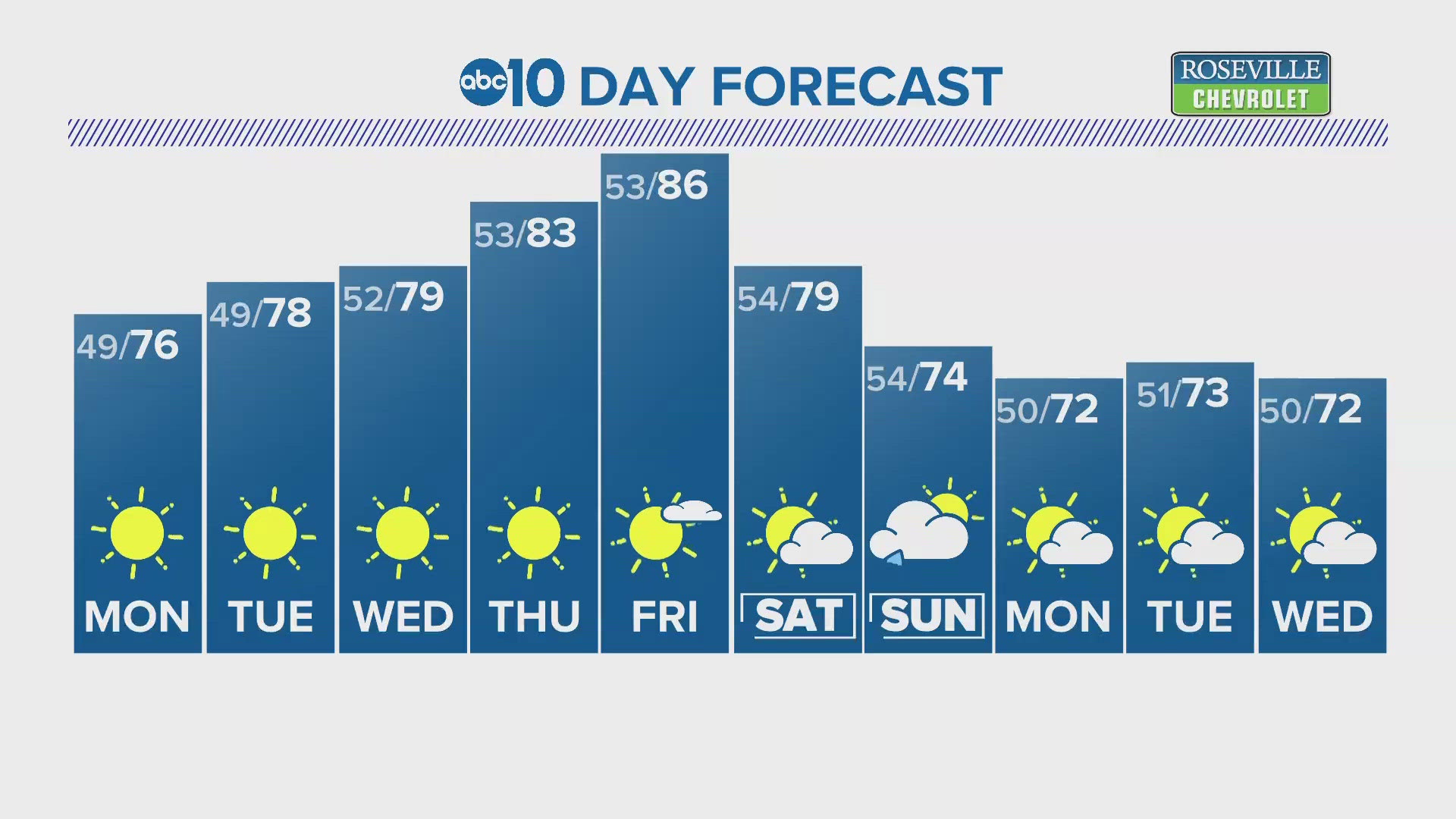A mom's emotional video about her frustrations with IEP is resonating with parents on Facebook.
In the video, Dena Blizzard is seen in her car at a CVS parking lot after an IEP meeting with her 8th grade daughter’s teachers and case manager.
What is an IEP?
IEP stands for “Individualized Education Program" and is required by the U.S. Department of Education (ED) for a child to receive special education or related services. An IEP must be designed for one student and must be an individualized document, according to the DOE.
This means, parents, teachers, other school staff -- as well as the student -- must come together to decide the best education plan for a student's individual needs.
An IEP is designed to meet requirements set by the nation's special education law -- the Individuals with Disabilities Education Act, or IDEA. An IEP aims to use a team of people to help a child with special needs improve their educational results and make progress with school goals.
States and school systems have the flexibility to design their own IEP and could have additional information included in the documents to demonstrate they have met standards set by federal and state law, according to the ED.
What is the process of an IEP?
In a nutshell, the ED says, if a parent or school professional feels a child may need special needs education and services they can request an evaluation. A group of "qualified professionals" then look at the child's results and decide whether or not the child is eligible for services. If the child is eligible, an IEP meeting is scheduled where the parents and participants develop and write the details in the document.
Once a plan is in place, the child receives education based on the IEP and progress is reported regularly. The IEP is reviewed once a year and parents can make suggestions on changes and IEP goals. If a parent doesn't agree with an IEP, there are several options, including additional testing, an independent evaluation, or asking for mediation (if available) or a due process hearing. They may also file a complaint with the state education agency, according to the ED.
A child must be reevaluated at least every three years to determine whether or not they still need special education services.
Resources on IEP:
A Guide to the Individualized Education Program, U.S. Department of Education website
The Short-and-Sweet IEP Overview, Center for Parent Information and Resources
Resources on IEPs for Children with Disabilities, California Department of Education



